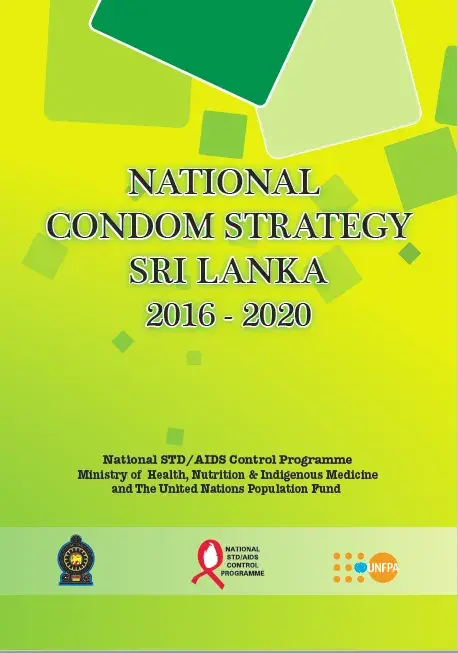Condoms are the only contraceptive method available at present, to be protected from sexually transmitted infections (STIs), as well as pregnancy. Condoms became more popular following the detection of Human Immunodeficiency Virus (HIV) infection globally. Condom use for unprotected sex has been recognized as one of the most successful prevention strategies for HIV infection worldwide, including in Sri Lanka.
Condoms assist in protecting fertility by preventing transmission of sexually transmitted infections, such as Chlamydia and Gonorrhea, which cause pelvic inflammatory disease leading to infertility. Chlamydia and Gonorrhea are common sexually transmitted diseases which cause pelvic inflammatory disease in the upper genital tract, leading to permanent damage to the fallopian tubes, uterus, and surrounding tissues, resulting in infertility. Women whose partners use condoms are at a much lower risk of hospitalization for pelvic inflammatory disease than those whose partners do not use condoms. The women whose partners use condoms are at a 30 percent less risk of infertility due to sexually transmitted infections, compared to the others.


